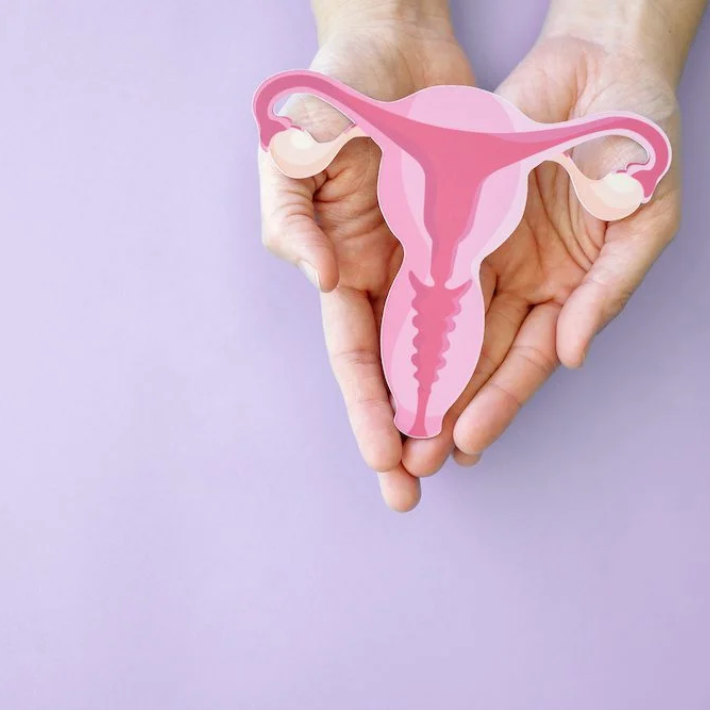Older women have higher risks after treatment for uterine cancer
&width=710&height=710)
Uterine cancer
Uterine cancer is the most common type of cancer of the female genital organs. The cancer originates in the lining of the uterus, and is usually detected by abnormal vaginal bleeding. The disease is generally treatable with surgery because it is often diagnosed at an early stage. Uterine cancer is most common after menopause, and it has long been known that older women have a worse prognosis.
Research on age
Famke Wakkerman and her colleagues* investigated the extent to which age is a risk factor in uterine cancer. "Researching the effect of age is not easy," Wakkerman explained. "During aging, there are many changes in our bodies that can have an effect on the disease process. We examined the different effects using artificial intelligence and advanced statistical models on the world's largest uterine cancer dataset. The dataset consists of the data from 1801 patients who participated in clinical trials of uterine cancer (the PORTEC-1, -2, and -3 trials)."
The risks of old age
The study, recently published in the prominent scientific journal The Lancet Oncology, shows that older women have a higher risk of cancer recurrence after treatment. This was found to be especially true in and around the vagina. The risk of death from this cancer also increases with age. This is partly explained by the fact that older women are more likely to have aggressive tumors. In addition, the thinning of the uterine wall and cervix after menopause may also play a role.
Wakkerman: "Older women generally receive less intensive treatment. Intensive treatment is often not possible because of the patient's overall health and frailty. In addition, there are also patients who do not want intensive treatment. But the study results clearly show that there is no ground to exclude women from additional treatment, solely on the basis of their age."
Vaginal irradiation
Wakkerman: "There is also a less invasive treatment. Through internal irradiation of the vagina (brachytherapy), the cancer can be treated very locally. The surrounding tissue receives much less radiation than with external radiation, so there are fewer side effects. The treatment is relatively short and the patient only has to come to the hospital a few times. This type of radiation is therefore also suitable for elderly patients."
Individualized treatment
Additional laboratory tests can also determine the type of tumor. In older patients, this can help establish an appropriate treatment plan. In fact, there is one type of tumor (POLE mutated) which, after removal of the uterus, usually does not require additional treatment with radio- or chemotherapy. Another type of uterine cancer (TP53 mutated) often responds well to chemotherapy. The information from the laboratory test helps to discuss treatment options with the patient and to make a choice that fits her preferences, overall health and vulnerability.
Future research
A great result for Wakkerman and her supervisor Dr. Nanda Horeweg. Wakkerman conducted this study during her Bachelor of Medicine as part of the LUMC MD/PhD Honors program. She will soon start her doctoral research in which she will continue this study. Among other things, she wants to look at the underlying mechanisms of the more poor prognosis in elderly people with uterine cancer. Side effects of treatments, the impact on quality of life and treatment preferences of patients are also important research topics for the coming years.
*This study is the result of a collaboration between the Department of Radiotherapy, Pathology and Biomedical Data Sciences at LUMC and the University of Zurich.